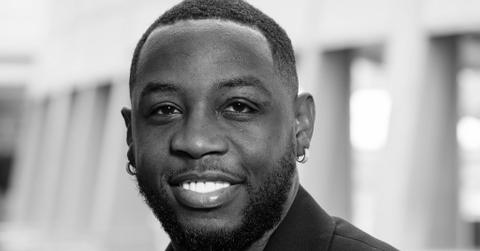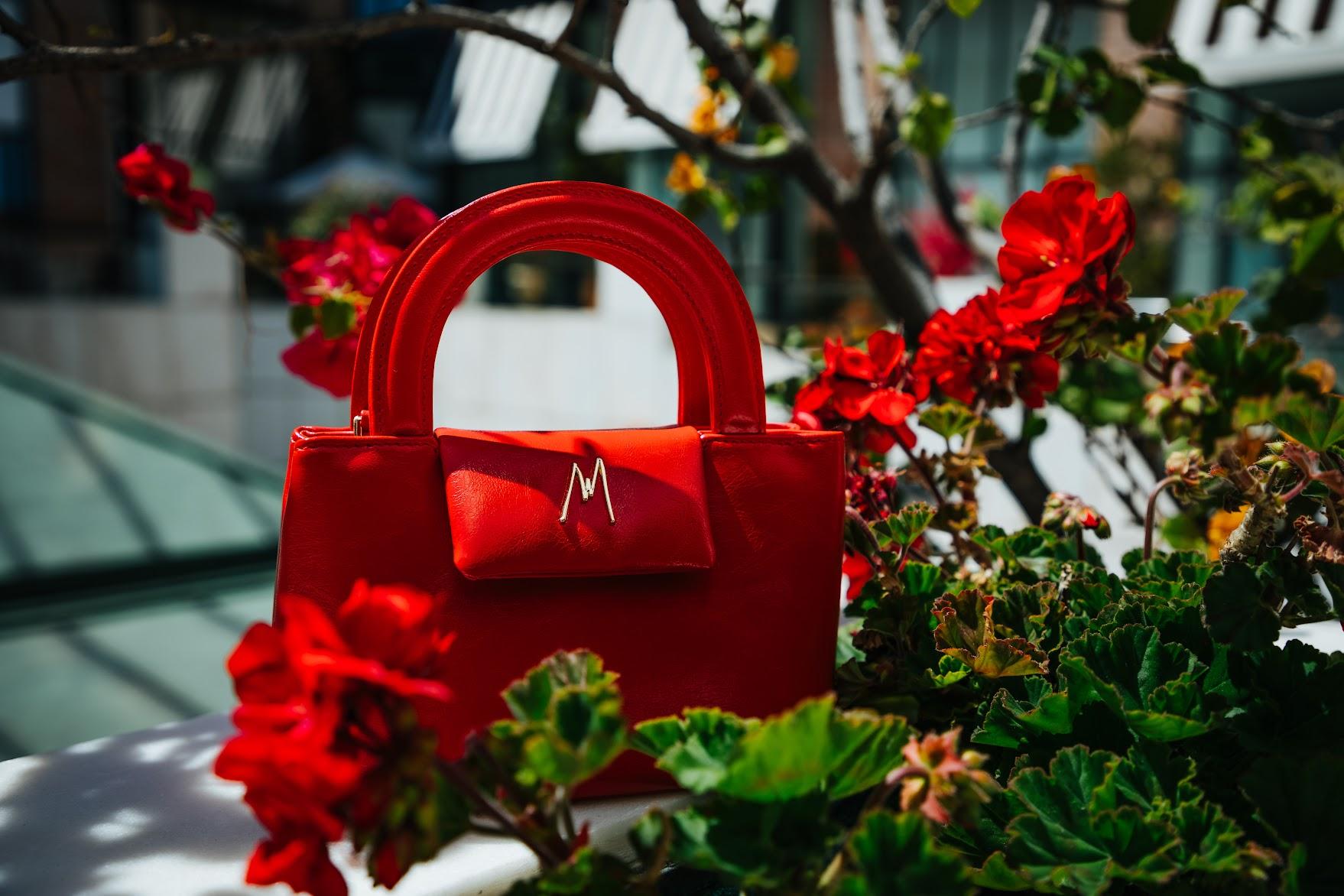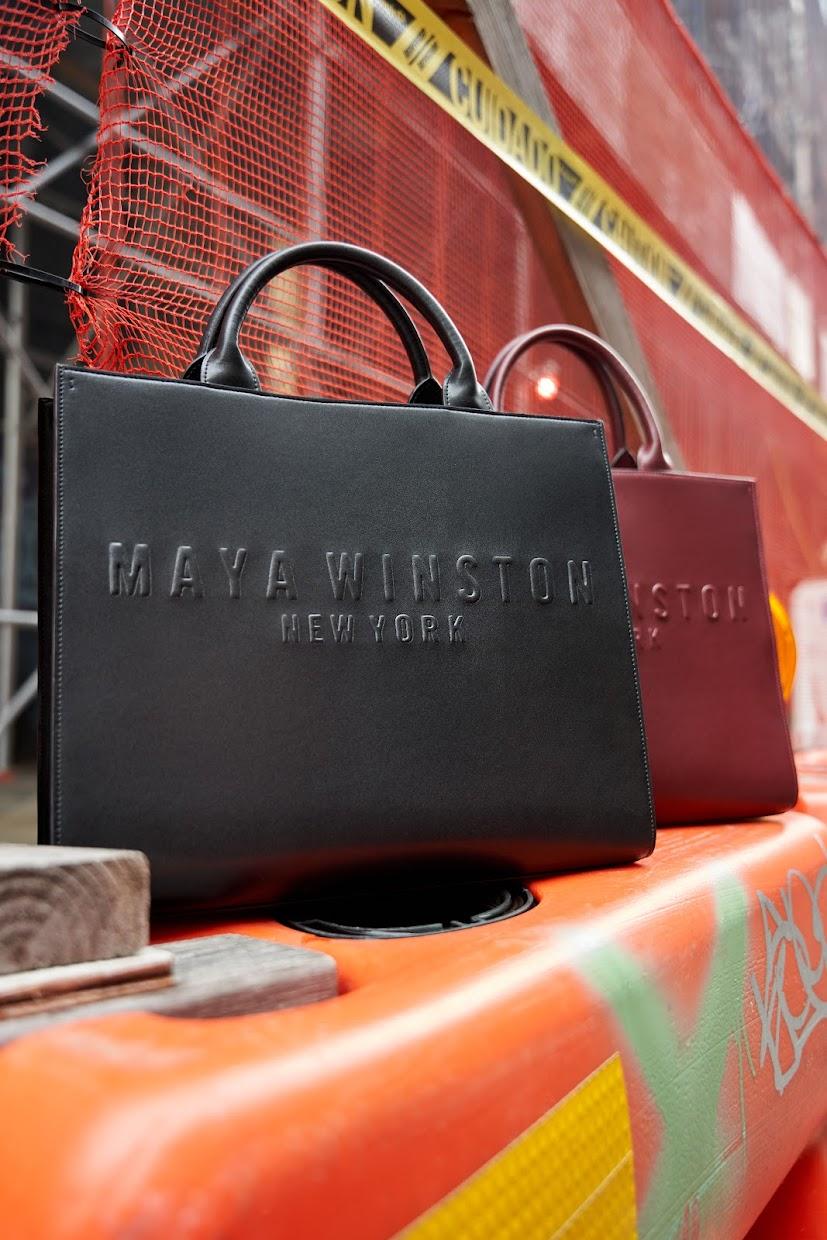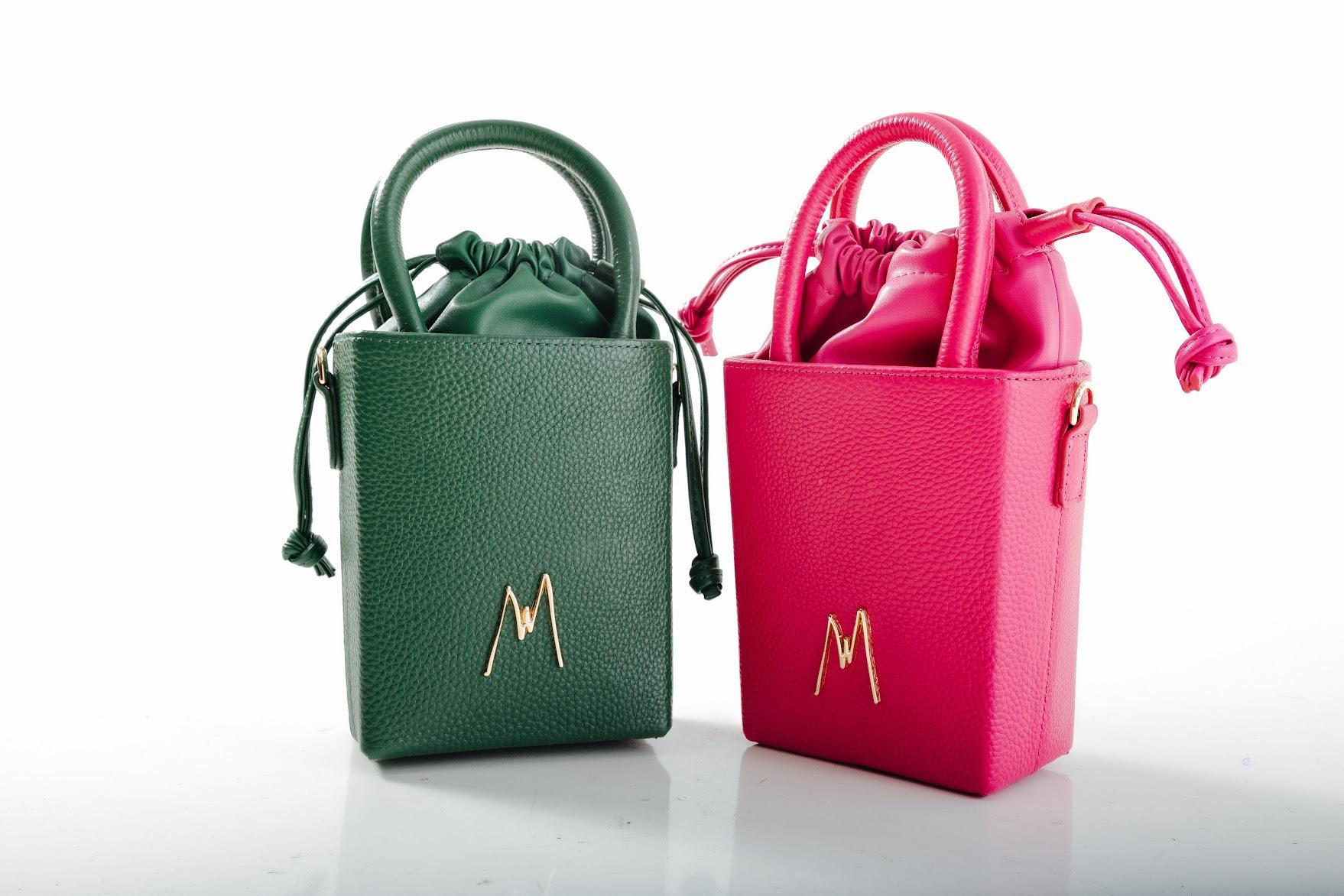
Black-Owned Visionary: Maya Winston Is Rewriting the Luxury Handbag Playbook
Maya Winston begins in Jamaica, where family made fashion tangible and culture made it inevitable.
By Dawn RoseNov. 18 2025, Updated 1:26 p.m. ET

Growing up in Jamaica before moving to the Bronx in the winter of ’99, he remembers one electrifying night at Linstead Town Grand Market—dancehall sound systems stacked high, outfits louder than the speakers—when fashion stopped being an accessory and became a language. “That night changed everything,” he says. “Fashion has always been the way I spoke without speaking.” New York translated that language into hip-hop silhouettes, winter coats, and a relentless city pace. “Jamaica set the tone; the Bronx gave it drive,” he adds.
Winston’s path wasn’t linear. A sports management grad from St. John’s, he built his first brand after New York’s last Fashion’s Night Out in 2012, when the city’s energy sent him home brimming with ideas. His mother, a seamstress, stitched the first samples. When Teyana Taylor was spotted in a Winston sweater, sales followed overnight. But Winston insists his superpower isn’t sketching—it’s producing. “I always tell everybody, I’m not a designer; I’m a producer,” he says. Years in production and development taught him that great ideas mean little if they don’t fit, function, and ship. “You could have the best design, but the clothes have to fit a certain way to be sellable,” he says. “Production is the root of why everything is happening for me.”
He calls his ethos “inclusive luxury,” a stance shaped by Jamaica, the Bronx, and a clear-eyed view of who drives fashion. “My product is made for people who look like me and come from where I come from,” he says. “We’re the ones setting the trends.” Inclusive luxury, for Winston, isn’t a price point—it’s an experience: quality materials, precise construction, and human touchpoints like his handwritten notes tucked into every package. “Luxury is the space you create around the product,” he says, nodding to Virgil Abloh’s lesson on presentation. “I focus on the quality first—and then I make sure the experience makes you feel part of the brand.”

Function leads his process. He’s a people watcher, designing for the woman who leaves home at 7 a.m. and might not return until 11 p.m.—desk to happy hour to a party. “I design for comfort and accessibility,” he explains. “If it doesn’t make sense in real life, it doesn’t make sense.” That’s why closures matter, straps adjust, and interiors are secured. The Small Leather Tote— “smart, sophisticated, stylish,” as he describes it—became a signature because it sits beautifully wherever life sets it down: at a desk, on a bar, across a brunch table. The Bucket Bag arrived seasons before the trend lists caught up. “I don’t follow trends,” he says with a laugh. “Somehow, what I do becomes the trend later.”
He sources leather meticulously and keeps deep relationships with factories—connections he began cultivating a decade ago in China and continues to sharpen everywhere from Pakistan to Kenya. “It never goes perfect the first time,” he says. “The skill is learning how to maneuver—adjust, refine, avoid the next mistake.” Production knowledge is also how he protects value. “Because of my relationships, I can deliver a high-quality product at a certain price,” he says. “Quality over quantity isn’t a slogan; it’s how I build.”

Winston is candid about the grind. Building the right team in New York—stylists, photographers, creators—on an indie budget is his toughest challenge. “Finding good people at the right price in this city is real,” he says. Still, feedback fuels him. “The customer is always right. I listen,” he adds. “I’m not sensitive about critique. I’m here to make something you want to live with.” And he’s comfortable learning in public. “I’ve been deep in this industry since 2012, and I’m still learning every day,” he says. “That’s what keeps me sharp.” AI helps, too—within reason. “AI is super dope if you learn how to use it,” he says. “It’s a tool, not a shortcut.”
What’s next? Outerwear, drawing on years of producing women’s coats, and the possibility of a separate menswear venture. “Outerwear is coming—that’s home base for me,” he says. As for men’s accessories, he’s pragmatic: “When the audience is right, I’ll be ready.”
But the legacy he wants is bigger than categories. As an immigrant who once lived in the U.S. without papers and is now a citizen and founder, he’s clear: “Where you started has nothing to do with where you’re going.” That his name also echoes an industrial design principle— “Most Advanced, Yet Acceptable”—feels fated. “I’m not trying to shock you for a season,” he says. “I’m building pieces that stand the test of time.” Winston’s bags aren’t chasing virality; they’re built to be kept, used, and eventually passed on. “You buy it for tonight,” he says. “You carry it next year. And if I did my job, you’ll pass it down.”

